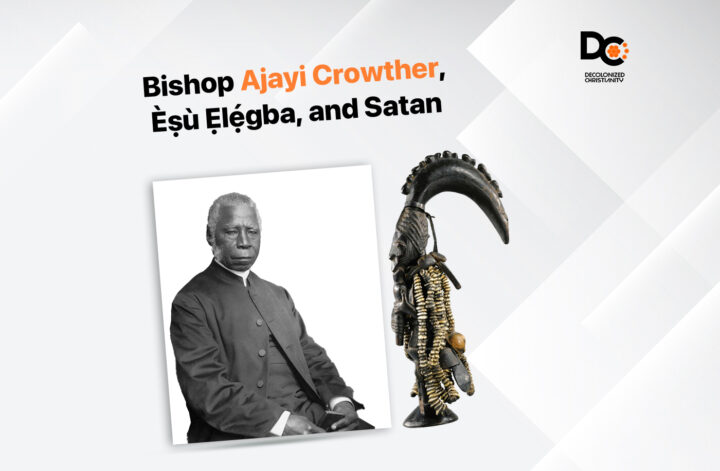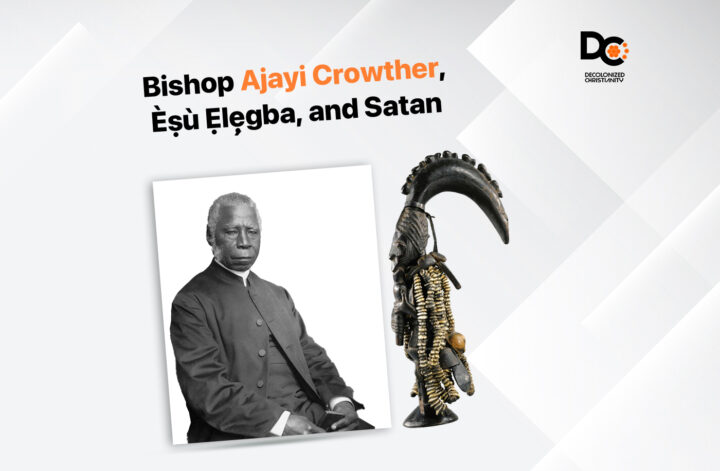We have told the story of Bishop Ajayi’s early life. The teenage Ajayi was captured by his compatriots and sold into slavery. But for the interception of a British squadron, Ajayi would have been sold in the trans-Atlantic slave trade and might never have been known—just like the innumerable millions who perished in that grand evil scheme. It is hard to imagine that Ajayi, especially as he would later have learned about what could have been, would not have felt like he owed his life to Britain. Not only was he saved by British sailors, but he was also educated and introduced to Christianity by British missionaries. Considering the history of Britain at the time, we may assume that racist and hegemonic inclinations tainted the Christian education he received. So, it should not be shocking if we find vestiges of Eurocentrism in Crowther’s works. What should be more critical is what Crowther willfully believed and defended.
Èṣù Ẹlẹ́gbara and the Evolution of Satan (Series Part 2)
Èṣù in Yoruba Metaphysics: A Brief Note
Traditionally, Yoruba conceives of the world as an interconnected three-tiered cosmos: Ọ̀run (meaning, heaven), Aiyé (meaning, the earth) Ilẹ̀ (meaning, underground; netherworld). Ọlọ́run (literally, “heaven’s owner”) inhabits Orun with the over four hundred gods in the Yoruba pantheon, many of whom walked the earth as humans with supernatural abilities. Ọlọ́run, also known as Ẹlẹ́dàá (literally, “the creator”), is the supreme being. Aiyé is the world of humans, and Ilẹ̀ is the world of departed souls, especially of ancestors. The dividing wall between Ọ̀run and Ilẹ̀, especially regarding deified souls, is quite ethereal.


